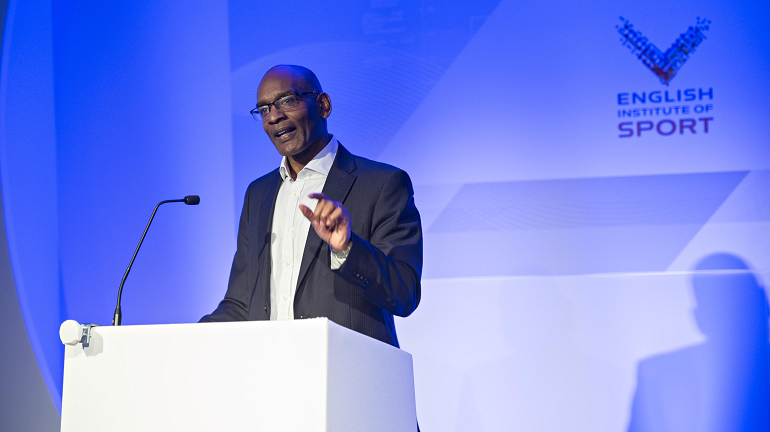EIS review of 2017 – part 1
In the first of a two-part review, we start by looking back at the news from uksportsinstitute.co.uk from across the first six months of 2017.
The year began with a great opportunity for the next generation of practitioners attending the Skills4Performance workshop, arranged and hosted by the EIS.
A record breaking number of applications were received. Those lucky enough to secure a place were given an insight into the elite sporting environment, and attended workshops by EIS staff and heard from inspiring speakers.
The GB Short Track Academy was launched at the end of January in Sheffield. Twelve young people – aged 15-18 – from a mix of ice disciplines across the UK, were chosen on talent as well as physical and mental suitability for their journey onto the world class programme.
February marked one-year to go until the Winter Olympics with UK Sport agreeing their target ranges of 4-8 and 4-9 medals for Winter Olympic and Winter Paralympic disciplines respectively.
To coincide with the 12-month countdown, EIS National Director Nigel walker gave his reasons to be cheerful, saying that results showed that Great Britain can approach PyeongChang with confidence.

Further evidence of that was delivered in March when Elise Christie secured three world titles at the short track world championships in Rotterdam, the World Class Programme is currently managed by the EIS.
During the same month, the Moving Ahead Athlete 2 Business (A2B) programme, which is managed in conjunction with the EIS, was launched with more than 100 athletes and business leaders in attendance. A2B is aimed at giving opportunities for athletes to plan for their life after sport with the assistance of mentoring from the business world.
On the final day of March, EIS National Director Nigel Walker wrote for uksportsinstitute.co.uk ahead of the start of the Olympic and Paralympic cycle for Tokyo the following day. He noted: “we operate in an intensely competitive environment where doing the same things that made you successful in the past are no guarantee of maintaining this in the future.”
May saw Mental Health Awareness Week take centre stage with the EIS – which is a signatory of the Mental Health Charter for Sport and Recreation – showing the importance and value it places on athlete wellbeing. EIS Chairman John Steel highlighted the work being done in the high performance system to protect athlete welfare and set out ways that more can be done in the Tokyo cycle.
Meanwhile, EIS Lead Sports Psychologist Sarah Cecil outlined the day-to-date support and assistance available to athletes from the team behind the team.